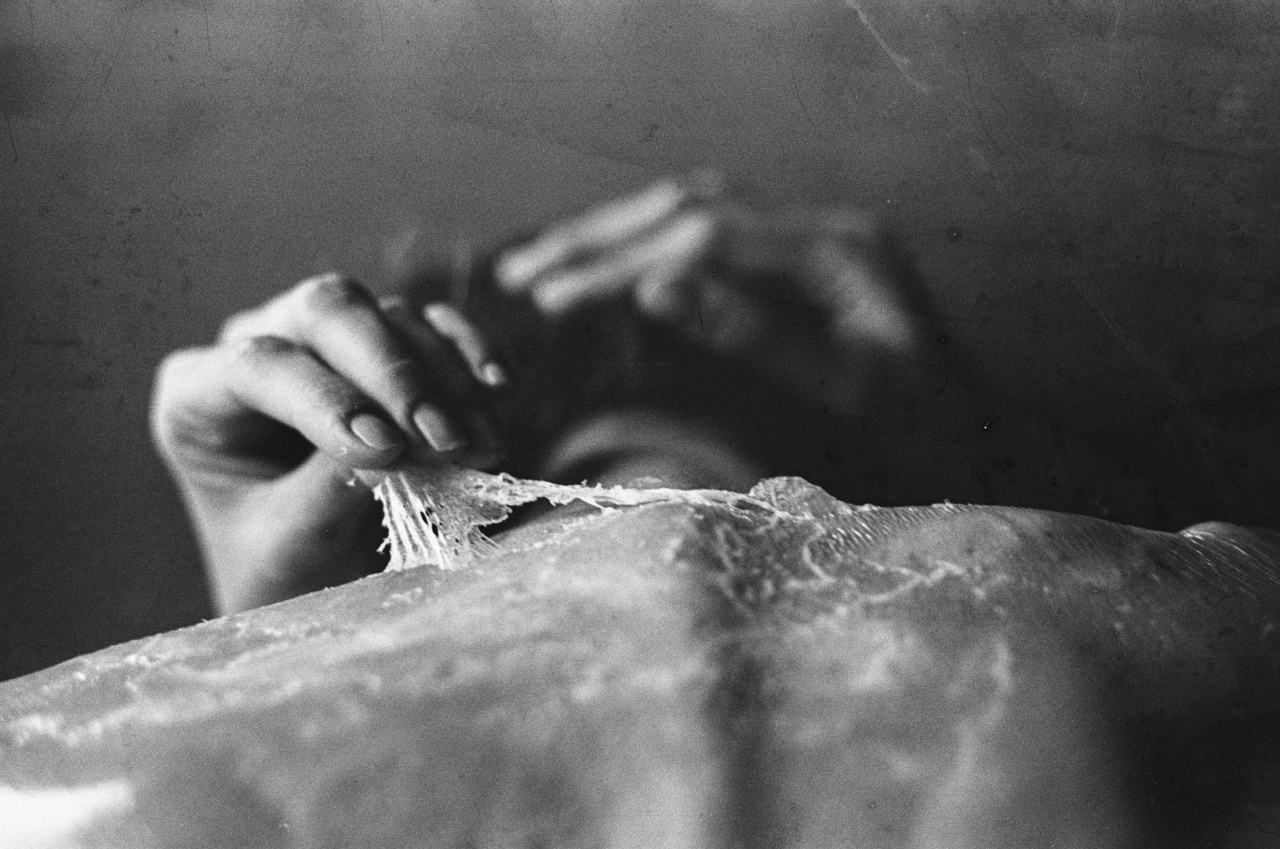Peeling skin is a common skin condition that occurs when the outer layer of your skin, called the epidermis, starts to shed. While it may not look pretty, peeling skin is usually nothing to worry about and can often be treated at home.
However, in some cases, it may be a sign of an underlying health condition that requires medical attention.
Causes of peeling skin
Peeling skin can be caused by a variety of factors, including:.
1. Sunburn
One of the most common causes of peeling skin is sunburn. When your skin is exposed to the sun, it can become damaged and start to peel.
2. Dry skin
If you have dry skin, your skin’s natural oils can start to break down, causing your skin to peel.
3. Eczema
Eczema is a condition that causes your skin to become dry, itchy, and irritated. It can also lead to peeling skin.
4. Psoriasis
Psoriasis is a chronic condition that causes your skin cells to build up rapidly, leading to scaly patches of skin that can peel.
5. Allergic reactions
If you have an allergic reaction to a substance, it can cause your skin to become red, itchy, and peel.
Treatments for peeling skin
There are a number of treatments available for peeling skin, depending on the cause of your condition:.
1. Moisturize
If your skin is peeling due to dry skin, you should moisturize frequently. Choose a moisturizer that is specifically formulated for dry skin and apply it after showering or bathing.
2. Sunburn relief
If your skin is peeling due to sunburn, you should avoid further sun exposure and apply aloe vera gel or a cooling cream to the affected area.
3. Topical medications
If your peeling skin is caused by a skin condition such as eczema or psoriasis, your doctor may prescribe topical medications, such as corticosteroids, to help reduce inflammation and itching.
4. Allergy treatment
If your peeling skin is caused by an allergic reaction, you should avoid the substance that caused the reaction. Your doctor may also prescribe antihistamines to help reduce itching.
When to see a doctor
If your peeling skin is accompanied by other symptoms, such as fever or pain, you should see a doctor. You should also see a doctor if your peeling skin is widespread or does not respond to at-home treatments.
Preventing peeling skin
To prevent peeling skin, you should:.
1. Wear sunscreen
Protect your skin from the sun by wearing sunscreen with an SPF of at least 30.
2. Moisturize
Keep your skin hydrated by moisturizing regularly.
3. Avoid hot showers
Hot water can strip your skin of its natural oils, leading to dryness and peeling.
4. Drink plenty of water
Drinking water can help keep your skin hydrated and prevent it from peeling.
5. Use gentle products
Avoid using harsh soaps and chemicals on your skin, as they can dry it out and lead to peeling.




























